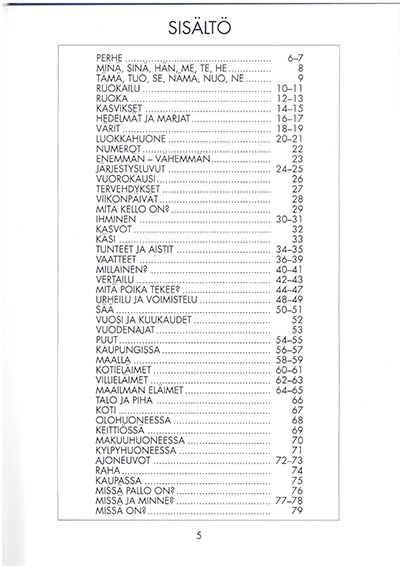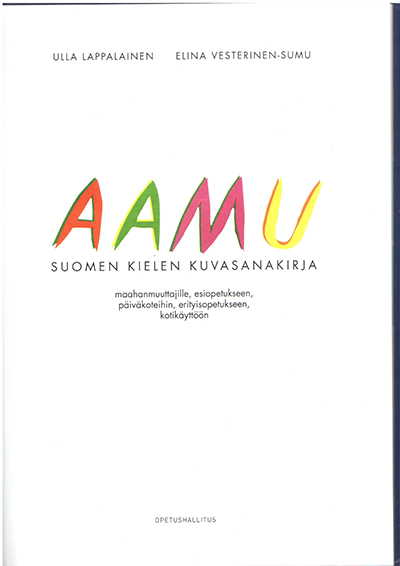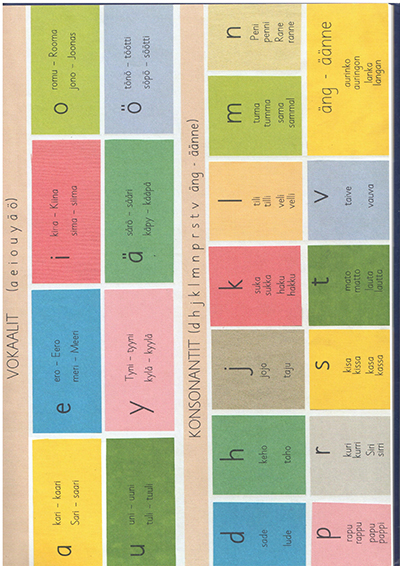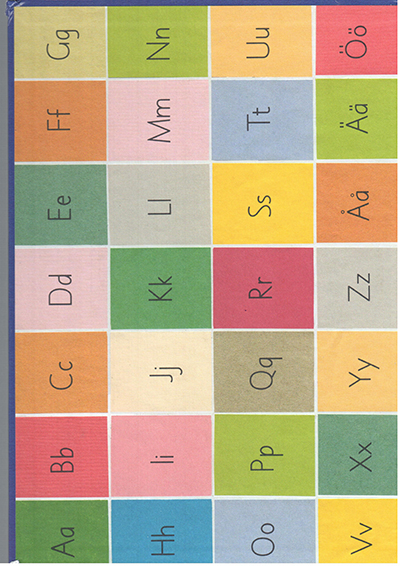| Sorted by date | |||
page064from Building IdeasHeidegger’s work and it is here that he departs from Cassirer and shows his adherence to the philosophy of Hegel. Being is not an entity as such but an underlying force, like Hegel’s Spirit, and it manifests itself in the work of art much more distinctly than in everyone objects. This idea that art “condenses” reality into a truer representation of Being echoes Aristotle’s view that the artist must idealise the individual, in order to attempt to produce an image of the universal from the particular. When Heidegger discusses this, in the essay called The origin of the Work of Art, written in the 1930s but not published until 1950, he describes it as a process of revealing a world that is implied within the work itself. The famous example that he describes, of a van Gogh painting of a peasant’s shows, provides an illustration of the kind of truth that he felt a work of art was able to express. By suggesting a larger context around or behind the particular object, such as the life of the peasant farmer which can be inferred from the depiction of the shoes, the work of art can reveal a world in an immediate and powerful way. Heidegger describes this in a lyrical language, bordering on poetry itself, as he does in the example of the Greek temple which he considers from a similar point of view. The temple, he says, depicts nothing: it merely stands there in its “rock-cleft valley”, while at the same time it implies a set of ritual activities and thereby conjures up a way of life.
The power of man-made objects to carry stories in this direct way has many lessons for the designer of buildings, which we will return to in the next chapter. The work of art, however, remains subordinate to the work of language, which Heidegger continually comes back to in all his analyses of forms of expression. It is here that he echoes Hegel in the priority he gives to philosophy, with language supposedly being the true medium of thought and, in Heidegger’s system, the “house of Being”. It is language that acts for Heidegger as a repository of the history of Being, and he often uses etymology to uncover a word’s hidden primal meanings. In another sense language is primary, according to Heidegger’s scale of priorities, in the language exists as a system prior to any individual’s attempts to make use of it. This idea that “language speaks man” –rather than man speaking language – reveals a deterministic
|
|||
|
|||
|
|
 ... ...
... ... ... ...
... ... ... ...
... ... ... ...
... ... ... ...
... ... ... ...
... ... ... ...
... ... ... ...
... ... ... ...
... ... ... ...
... ... ... ...
... ... ... ...
... ... ... ...
... ... ... ...
... ... ... ...
... ...